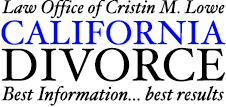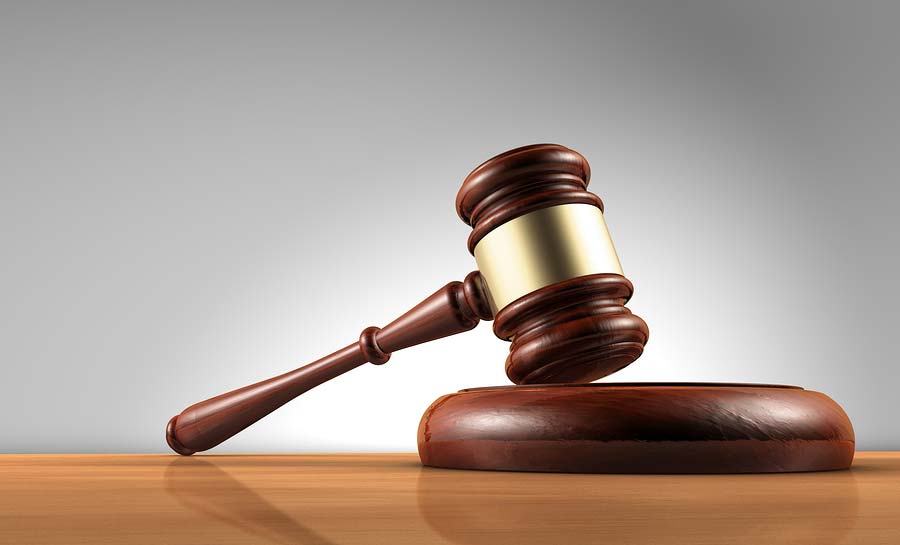False Allegations of Child Abuse
A false accusation of child abuse is no laughing matter. You’ve got a lot on your plate at this point with the divorce process itself, and dumping this on top adds more stress and confusion. Sadly, we’ve experienced a lot more cases with instances of false accusations than we’d like. However, this experience has taught us that it is more common than you’d believe so try your best not to let this add an additional burden.
California dictates that children are to have frequent and continued contact with both parents, except when there are allegations of abuse made by one parent toward the other, and the allegations are determined to be supported by strong evidence. A parent who is falsely accused of child abuse must take immediate action in response to the accusations, and if you don’t have one currently, it’s best to seek the advice and guidance of an experienced family law attorney. Keep in mind if there is any criminal law matters present in your case (especially related to past child abuse), you’ll need to seek the advice of a criminal law attorney instead.
With the guidance of a family law attorney, the first step is to put together a list of witnesses and statements from those who can testify regarding your parenting. They should also be able to speak to their own personal knowledge of the allegations your spouse made.
The investigative process that follows is a vital part of succeeding in cases that involve false accusations of child abuse. In addition, so long as a parent can afford this type of litigation, it’s strongly recommended to immediately involve a forensic psychological evaluator (appointed by the court), or, obtain the deposition of your spouse who alleges abuse. It’s also recommended to gather any witnesses your spouse claims witnessed the abuse. These witnesses can include any doctors who have attested to or have reported the abuse (if this applies to your situation).
There isn’t one concrete method used to successfully defend against these allegations in family law. On the other hand, there are plenty of ways to mishandle them. Keep in mind several aspects which are all common among successful defense cases, as mentioned above:
- A thorough investigation,
- Witness depositions with discovery on the issues of child abuse,
- The involvement of a forensic psychologist
Employment of these things, along with the assistance of a family law attorney will usually yield the best results for you.
The Burden of Proof
Assume for a moment that the burden of proof for the allegations is not met. This will raise a handful of relevant questions involving the implications for both parties – the accuser and accused.
For the accusing parent: If the court finds that this parent made a false allegation of abuse, it can order supervised visitation with the child, or limit this parent’s custody (or visitation) in the event it finds that this parent made the allegations falsely with the goal of interfering with the other parent’s contact with the child. Now, if the court finds that the allegations were made without bad intent and the parent truly believed that the child was being abused, it cannot order limits or supervised visitations.
In addition to the court’s ability to order supervised or limited visitation, the court could also order monetary sanctions against a parent who made the false allegations of child abuse in a divorce. The penalty cannot exceed the total cost that was incurred by the falsely accused parent in defending against the allegations. This cost includes attorney’s fees in defense against the allegations, as well as the fees incurred in seeking the court sanction against the accuser.
If you find yourself involved in a case where you truly feel abuse is present, or, you’re being accused of child abuse, please contact us immediately. This subject is very serious, and time is of the essence for all parties involved.





